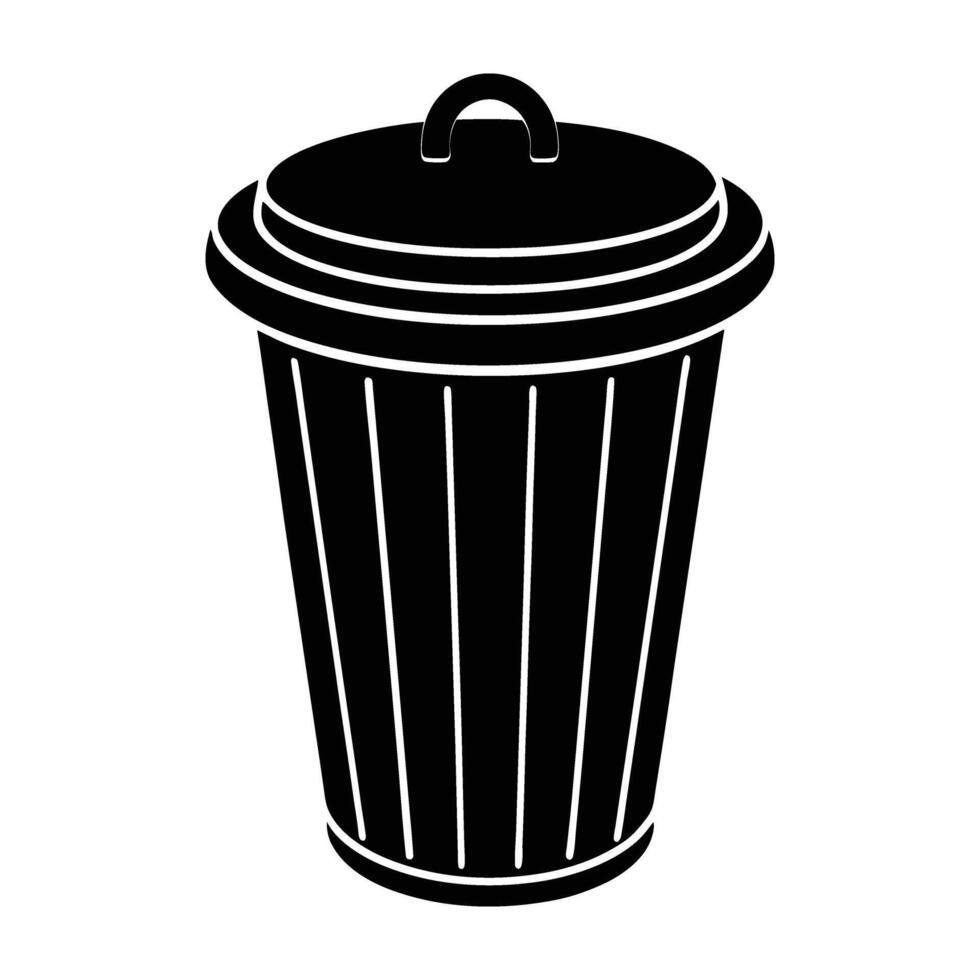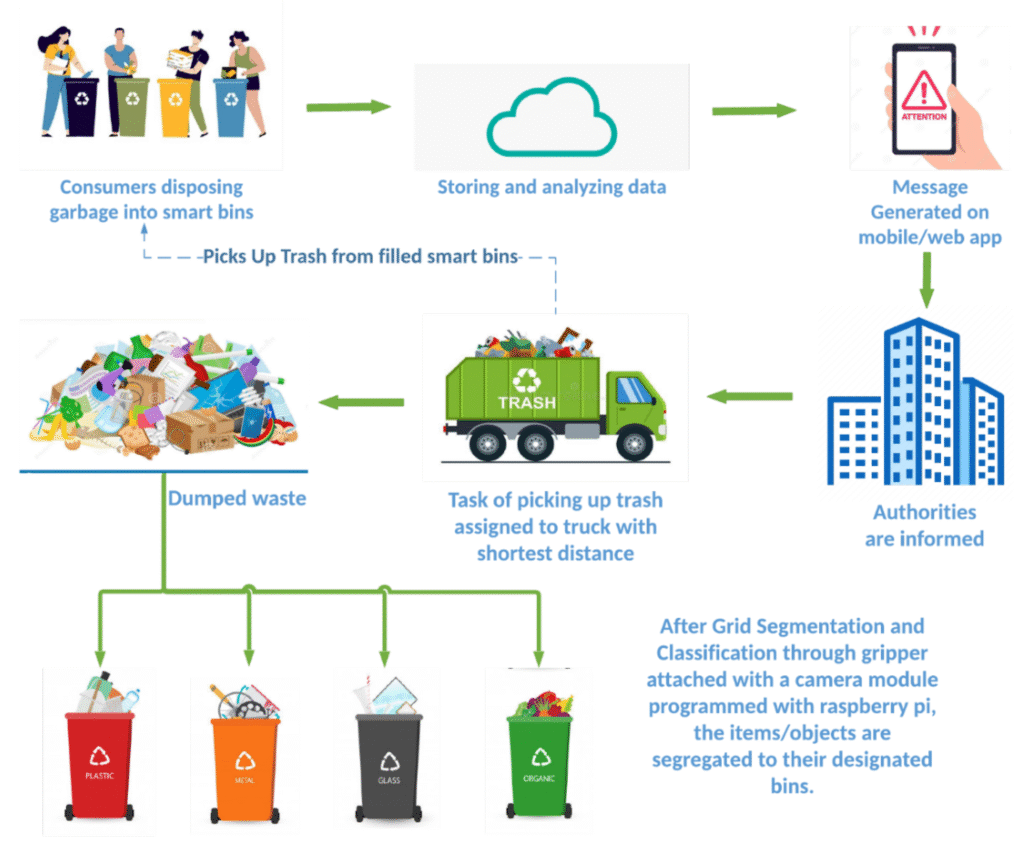Waste management is an important part of keeping our towns and cities clean. Every day, people throw away a lot of trash. Managing this waste well helps protect the environment. It also keeps our streets and parks nice. Recently, smart trash cans have started to help with this job.

Credit: www.bigrentz.com
What Are Smart Trash Cans?
Smart trash cans are special bins that use technology. They have sensors and sometimes cameras. These tools help the trash cans know how full they are. Some smart trash cans can even tell what kind of trash is inside. They send this information to waste managers. This way, people who collect trash know when to empty the bins.
Why Use Smart Trash Cans?
Traditional trash cans get full, but no one knows until they overflow. Overflowing trash cans cause bad smells and make places dirty. People may also throw trash on the ground if bins are full. This makes cleaning harder. Smart trash cans fix this problem by alerting workers before bins are full.
Ways Smart Trash Cans Help Waste Management
- Better Collection Routes: Trucks only visit bins that need emptying.
- Save Time and Fuel: Trucks do not waste trips on empty or half-full bins.
- Reduce Overflow: Trash cans send alerts before they get too full.
- Keep Areas Clean: Less trash on streets and parks.
- Help Recycling: Some smart bins separate trash from recyclables.
Smart Trash Cans Save Money
When trucks make fewer trips, they use less fuel. This saves money for waste companies. Also, workers spend less time driving around looking for full bins. They can focus on other important jobs. This means cities can spend less on trash collection and use money in other areas.

Credit: www.vecteezy.com
Smart Trash Cans Help the Environment
Less fuel use means less air pollution. Trucks make fewer trips, so they release less smoke. This helps fight climate change. Also, smart bins that sort trash help recycling. Recycling means less waste goes to landfills. Landfills can cause pollution and harm animals. Smart bins help reduce this damage.
How Do Smart Trash Cans Work?
Smart trash cans have sensors inside. These sensors check how much trash is in the bin. When the bin gets almost full, the sensor sends a message. This message goes to a computer or phone. Waste workers can see which bins need emptying. Some bins use solar power to work without batteries.
Types of Sensors in Smart Trash Cans
| Sensor Type | What It Does |
|---|---|
| Ultrasonic Sensor | Measures trash level by sending sound waves. |
| Weight Sensor | Checks how heavy the trash inside is. |
| Camera Sensor | Identifies types of waste for sorting. |
| Motion Sensor | Detects when someone uses the bin. |
Smart Trash Cans in Cities
Many cities use smart trash cans in busy places. Parks, shopping areas, and streets often have these bins. City workers get alerts to empty bins on time. This keeps public spaces clean and smells fresh. People feel happier in clean places. It also helps tourists enjoy the city.
Challenges of Using Smart Trash Cans
Smart trash cans cost more than normal bins. Cities need money to buy and maintain them. Some areas may not have good internet for sending messages. Sensors can break or stop working. Workers need training to use the new system well. But the benefits often outweigh these problems.
Future of Smart Trash Cans
Technology keeps improving. New smart trash cans will be cheaper and smarter. They may sort trash automatically. They might also clean themselves or send more detailed data. With better tools, cities can manage waste even better. Cleaner streets and parks will be easier to keep.
Frequently Asked Questions
What Are Smart Trash Cans In Waste Management?
Smart trash cans have sensors to detect fill levels and optimize collection.
How Do Smart Trash Cans Improve Waste Collection?
They alert when full, reducing unnecessary pickups and saving time and fuel.
Can Smart Trash Cans Sort Different Types Of Waste?
Some models can separate recyclables from trash using built-in compartments.
Do Smart Trash Cans Help Reduce Environmental Pollution?
Yes, by improving waste collection, they lower litter and reduce landfill overflow.
Conclusion
Smart trash cans help waste management in many ways. They make trash collection faster and cheaper. They stop trash from overflowing and keep places clean. They help recycle more and protect the environment. Even with some challenges, smart bins are useful tools. Using them can make our cities nicer and healthier for everyone.

